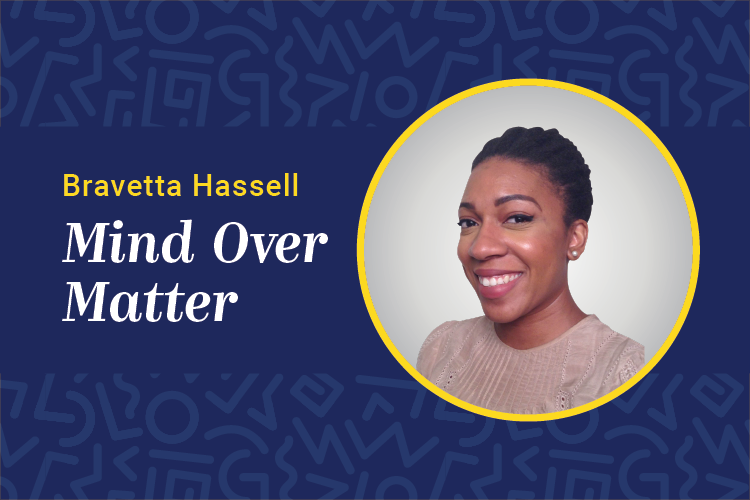 The U.S. Department of Education hosted the first Adult Schools Growth Forum on December 1. Its Office of Career, Technical, and Adult Education, the Barbara Bush Foundation for Family Literacy, and the Carlos Rosario International Public Charter School convened.
The U.S. Department of Education hosted the first Adult Schools Growth Forum on December 1. Its Office of Career, Technical, and Adult Education, the Barbara Bush Foundation for Family Literacy, and the Carlos Rosario International Public Charter School convened.
The forum focused on expanding access to high-quality learning for low-skilled adult learners, disconnected youth who are working age but are neither in school or employed, and other disadvantaged older youth and adults.
According to the Department of Education’s blog, the event brought individual and organizational stakeholders together — including adult charter school and adult school operators, community leaders and policy makers, potential investors, national associations and federal agencies — to discuss how to create and increase access to high-quality adult and family schools for roughly 36 million adults and 5.3 million disconnected youth in the U.S.
The National Council of Adult Learning defines the country’s adult education system as a network of community-based programs that provide adults 16 and older with instruction and support in basic literacy and numeracy, high school diploma equivalency and college and career preparation. Acknowledging that older teens and adult learners face many challenges that can prevent them from completing their education, the blog article encourages schools that serve these groups to minimize what external barriers they can. Schools providing day as well as evening and night classes, free child care and transportation, colleague and career counseling and some wrap-around social services support can help adults improve their lives and their family’s lives.
Bravetta Hassell is a Chief Learning Officer associate editor. Comment below, or email editor@CLOmedia.com.













